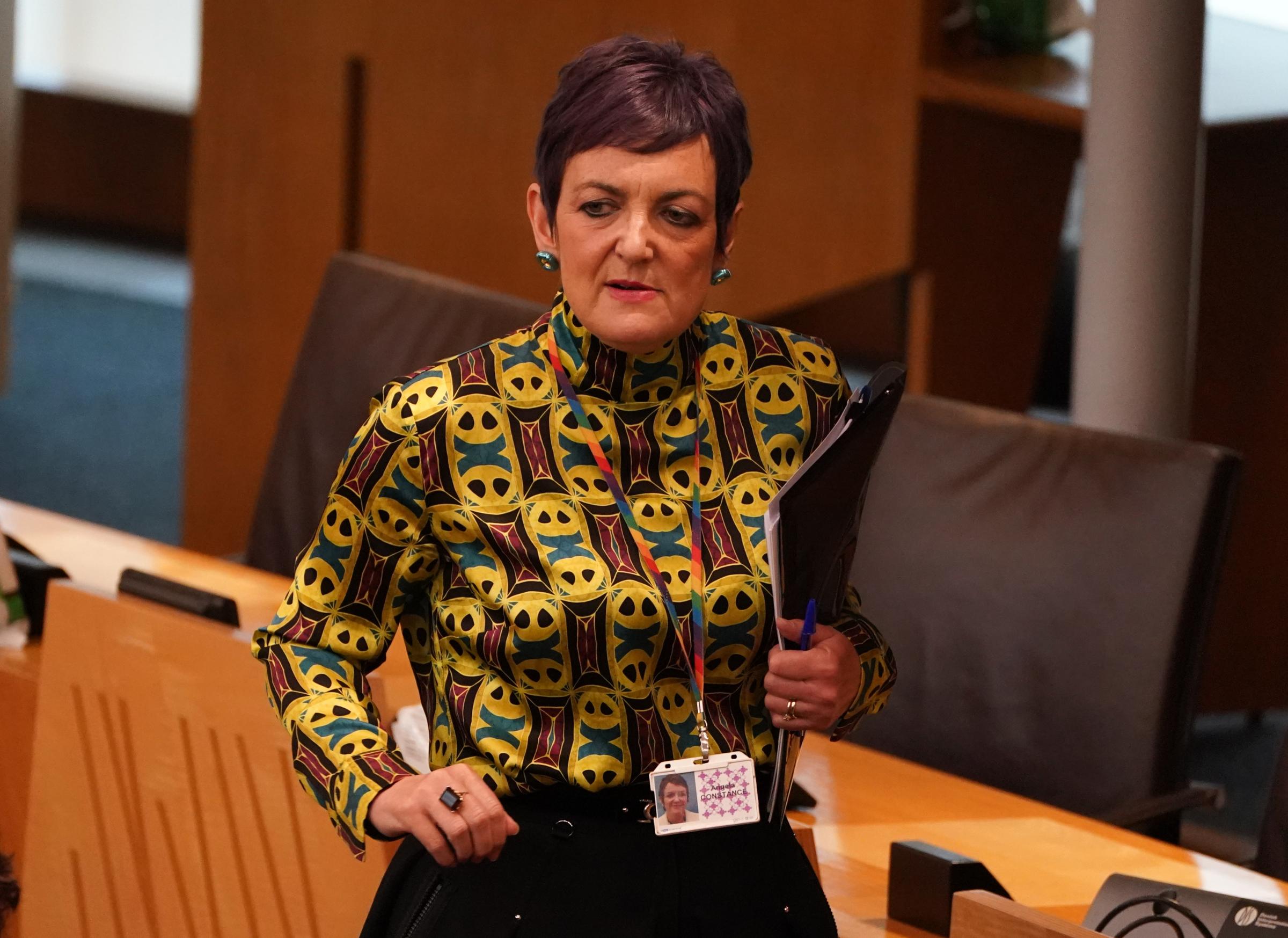
SCOTLAND’S leaders hung their heads in shame last week as the latest tragic drug death statistics were revealed.
Despite a renewed focus in recent years on tackling the crisis, 2021 saw 1330 lives lost due to drugs – the second-highest figure on record.
First Minister Nicola Sturgeon said the rate of death – stubbornly the worst in Europe and the UK – was an “unacceptable crisis”.
Politicians of all stripes paid tribute to those lost and once again reiterated calls for urgent action.
The Tories demanded the Scottish Government adopt its Right to Recovery Bill – yet to be introduced – which would institute statutory rights for drug addicts while Labour called for more investment in “woefully underfunded” drug and alcohol services.
SNP Drugs Minister Angela Constance said the Government was working on implementing the recommendations of the drug deaths taskforce, led by David Strang.
But while the political discussions trundle along – seemingly bearing little fruit – campaigners have become increasingly frustrated that, despite years of discussions, taskforces, national missions, quangos and policies, just nine lives were saved on the previous year’s figures.
All parties agree drug deaths are Scotland’s shame, a national tragedy, and an issue which urgently needs to be tackled. So why has there been so little progress?
One reason, posited by Strang in the landmark publication of his taskforce’s lengthy list of recommendations on how to tackle the drugs deaths crisis, was that the issue had become a “political football”.
Andrew McAuley, a reader in public health at Glasgow Caledonian University, said the Government lost valuable time in pinning their hopes on drug consumption rooms, which he said were seen as a “silver bullet” response to the crisis.
It was also “convenient” for the SNP Government to frame the issue as a constitutional battle rather than a health issue at the time, he added.

The publication of 2020’s “astronomically” high figures marked a changing point in the national conversation around drug deaths – and saw the First Minister admit she had taken her “eye off the ball”.
“Our trajectory almost looked like a child had drawn it,” he added. “It went straight up.
“It got to the point that politicisation couldn’t be used as a defence anymore.
“It was at that point the response changed; the Government appointed a drugs minister, they put in significant investment.
“There was almost a bit of contrition and acceptance at that point that they were part of the problem.”
The Scottish Government has “taken ownership” of the scandal since 2020 – but progress remains slow.
While McAuley feels the worst of the wrangling around safe consumption facilities is over, Catriona Matheson, the former head of the drug deaths taskforce who quit after complaining its work was being rushed, suggested they remained a prominent issue.
She told the Sunday National: “These have been heavily politicised – sadly – which has stalled progress.
“The Government needs to focus efforts and investment to save those at high risk rather than being concerned about political appeasement.”
Political opponents have been pushing their own “non-evidence-based solutions,” she added, highlighting the fact the “national mission still lacks a delivery plan and a clear vision on strategy and future investment 18 months on”.
But regardless of whether they remain an issue, McAuley is clear the Government’s pre-crisis response, which saw the Home Office block the establishment of drug consumption rooms, cost lives by diverting vital political attention away from other pressing issues.
HE added: “There is no magic bullet here. When you look at the evidence for how to prevent drug-related deaths, drug consumption rooms are quite far down the ladder.
“A single drug consumption room on its own is not going to reduce Scotland’s drug-related death rate.
“It’s the bigger issues, like the drug treatment system in particular which is, in my opinion, the main issue here.
“That’s the thing that’s been criminally underinvested in over the years.
“There was a distraction away from that because of what was going on [with drug consumption rooms].”
The drug deaths taskforce last week published its landmark report with 139 steps it believes will reduce Scotland’s drug death rate.
Ministers have six months to respond with an action plan outlining how the points will be implemented.







